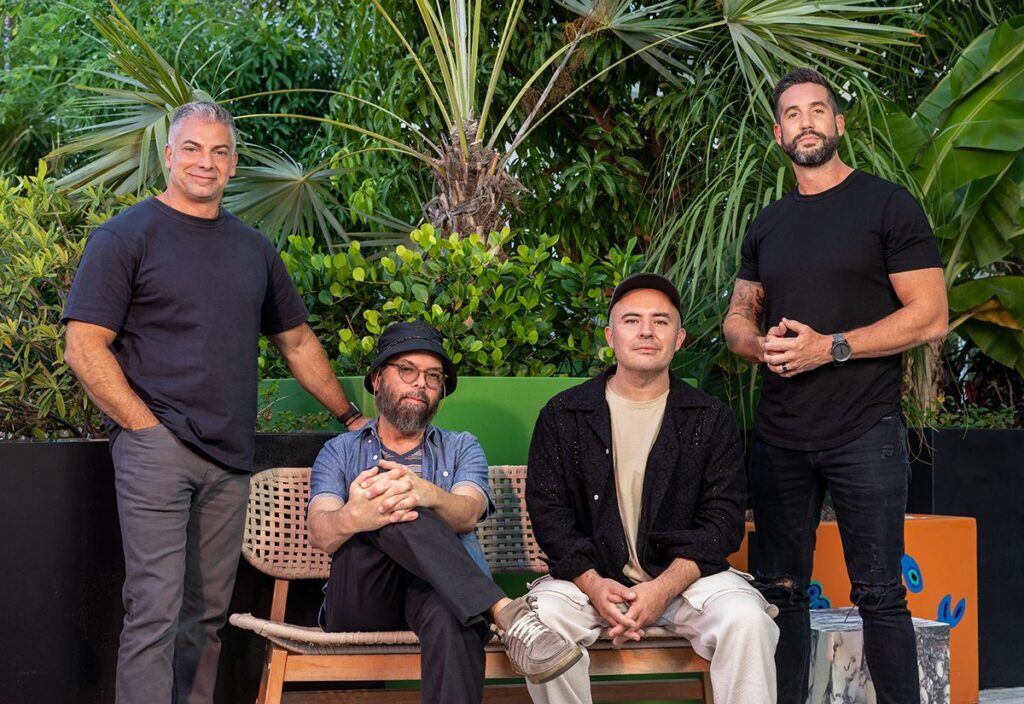WHEN THE WAR STARTED in Afghanistan this fall, Heifer International mailed an emergency appeal to its 220,000 active donors to help starving Afghans in the refugee camps in Pakistan.
The two-page “urgent-gram” dropped Nov. 19, asking for $250,000 to fund a chicken-raising program. By Dec. 19, Heifer was only $10,000 short. “I’m sure we’re going to meet, and hopefully exceed, that goal,” said Dixie Ost, DM manager at the Little Rock, AR-based nonprofit. She noted that right after Sept. 11, Heifer “started getting calls from Americans asking how they could help the Afghan people.” An appeal scheduled for spring 2002 was moved up.
“When this one went out,” Ost said,| “we were fortunate that a lot of the major bombings had receded and the focus of the media was on the refugees.”
Each letter was personalized based on the donor’s history. The 15,000- to-20,000-member Ambassador Council, whose largesse amounted to $250 or more in the last year, were asked to give $300 to $450.
Families in need in 47 countries apply to receive a heifer, chickens or other livestock, and must undergo an intensive animal-care training program. Often the animal is pregnant, and when it gives birth, the family must pass on the offspring to a neighbor in need. In the Pakistani refugee camps, because families are transitory and have little space, Heifer donates a flock of chicks. Typically the recipient is a woman. “The goal has been to target women head of households since they have not had a right to work [under the Taliban] and when they lose their husbands to war, they are desperate,” Ost said.
A flock costs $20. When they grow up, they produce eggs for protein, a source of income for the family, and a means to share with others.
Heifer, which has a half-million-name database, mailed 5 million catalogs this year and 10 million direct mail pieces. A holiday book suggests donations in lieu of gifts. The average demographic is a woman, age 40-plus. Contributors are from a wide variety of income levels, Ost said.
An appeal that dropped in mid-December highlights Heifer’s work in places like Vietnam, Bosnia and Rwanda, where people have survived such conflict, “and Heifer gave them the means to start again.”
 Network
Network

